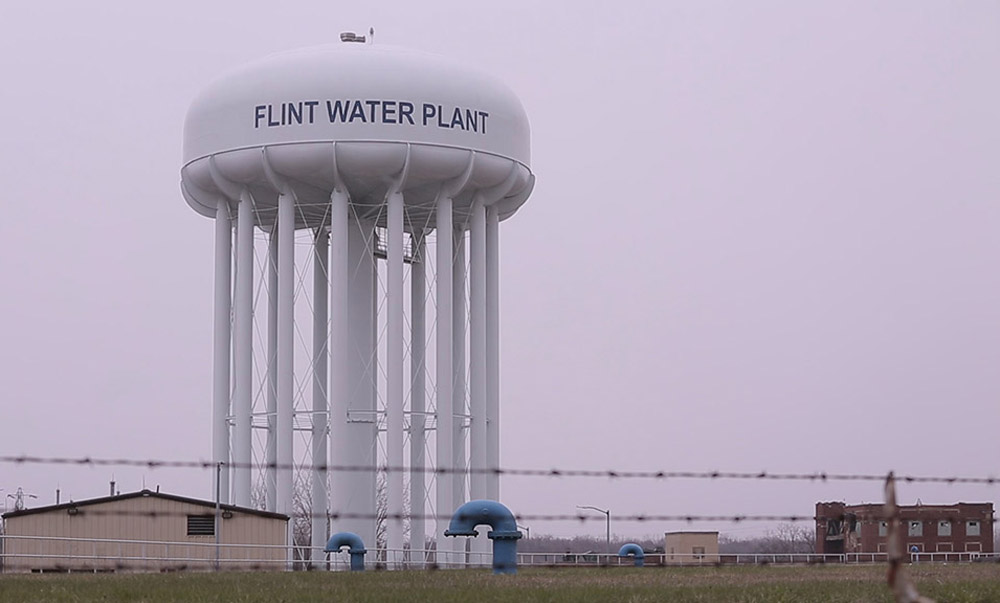After being denied an interview time and again, “Flint” director Anthony Baxter uses the opportunity of a press conference with then-Michigan Governor Rick Snyder to ask whether he’s actually ever been inside the homes of any one of his constituents in the region who have been unable to use tap water without the fear of lead poisoning, the real cost of the state’s calamitous decision to shave $5 million from its operating budget by making the notoriously toxic Flint River the source of its water supply instead of Lake Huron. It’s the closest Baxter ever gets to Snyder, and it’s a formality when even if he were to answer (he doesn’t), the director knows that the governor hasn’t when he’s spent so much time in Flint neighborhoods himself, finding that after the government essentially abandoned the city, they have taken it upon themselves to conduct testing to find out what infections may come.
There are certainly other benefits to spending great lengths of time with his subjects, but it seems to have afforded Baxter with certain predictive powers when “Flint,” which states upfront “This is the story of what happens next,” is more prescient than even the director could’ve known when the abysmal government response to COVID-19 has created the same feeling of helplessness as those in the heart of Michigan have had now for years. After “You’ve Been Trumped,” his 2011 look at how the current U.S. president engaged in a land battle with the Scottish community in Aberdeen over the development of a golf course, proved prophetic, the filmmaker with a brisk, slightly sensational style, indulging in an ominous score and the grim narration of Alec Baldwin, comes by his damning conclusions honestly, stepping into the lives of a number of Flint citizens dealing with various maladies as a result of the tainted water and have only themselves to depend on when the state is slow to start testing and later are found to be hiding results that could be politically damaging when it’s revealed that legionnaire’s disease has broken out, though without getting that information to doctors, the symptoms are commonly misdiagnosed.
Baxter is wise not to attach the narrative to any one resident, showing how the community works together to find their own solutions to the testing crisis, eventually locating Dr. Marc Edwards, a water quality expert at Virginia Tech who exposed a lead crisis in Washington D.C. and engineers a testing program for Flint that could circumvent the government. As children get chicken pox-like abrasions and adults have breathing problems, there’s indisputable evidence that the state has let its citizens down when their lives are consumed with thinking about how they’ll avoid using water and the physical toll even their most limited use has taken on them, but “Flint” coalesces around the equally tragic and less obvious results of the vacuum created by the government’s abdication of any responsibility as Dr. Edwards takes a job consulting for the state and the community activists, feeling spurned, accept the help of Scott Smith, a chief investigator for the nonprofit Water Defense.
When the motives and methodology of both are questioned, “Flint” illuminates an erosion of trust for the community that can’t even look to their scientists without wondering who they’re serving and once lawsuits start flying, diverting money that could be used for relief from sky-high water bills instead going to lawyers, Baxter shows an unforgivable waste of resources as there appears to be no end of performative gestures, but little actual action that could help the people of Flint. While in the moment the director’s work can be appreciated — one of his subjects tells him that without his camera there, she likely wouldn’t have received enough crates of bottled water that week for her family — it’s bound to become only more insightful as time wears on, for better or worse.
“Flint” will be available for UK audiences to watch as part of the Sheffield Doc/Fest through July 10th and will screen physically later this year in Sheffield.




